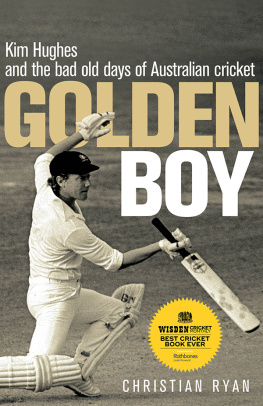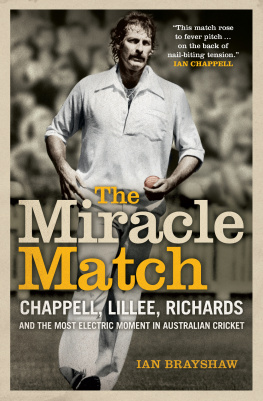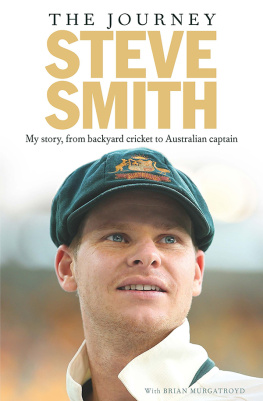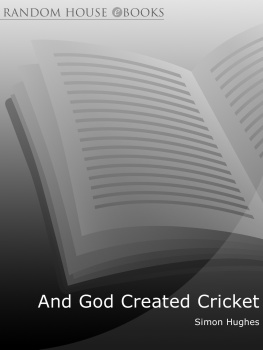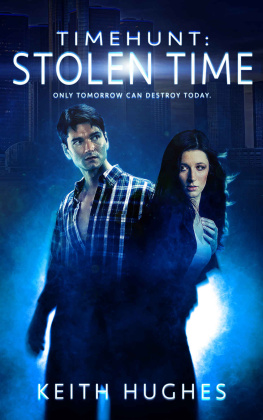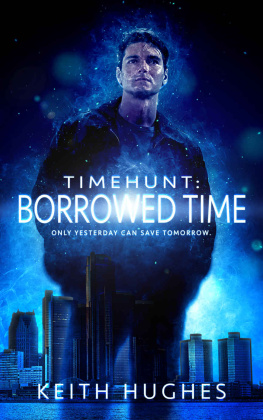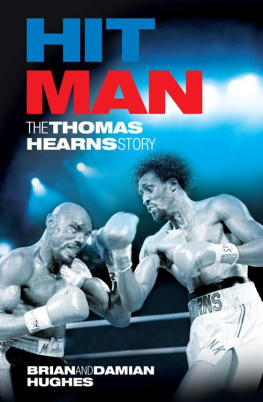PRAISE FOR GOLDEN BOY
A cracking read... An almost tragic but compelling tale of how Hughes tried hard and failedto fit his smiling personality into the hard-faced world of his countrys uniquely macho and badly moustached team.
Giles Richards, The Observer
Excellent... Graphic... Shocking... Ryan has extracted some devastating testimony... If half of what we read here is true, two Australian legends should hang their heads in shame.
Simon Wilde, The Times
The best cricket read of the year.
Kevin Mitchell, The Observer
A valuable archive of the professional cricketers lot during the 1980spaltry wages, petty officials, vermin-infested hotels and astonishing levels of alcohol consumption... Golden Boy provides a fascinating account of Australian crickets leanest years.
Jeffrey Poacher, The Times Literary Supplement
Extraordinary... A sad tale, told splendidly.
Alex Massie, The Spectator
Absolutely superb, one of the best cricket books Ive read.
John Stern, The Wisden Cricketer
The wall of silence forced Ryan, a stubborn man, to look elsewhere... He has written an entirely credible and deeply absorbing account of Test cricket as it really is lived. It is a grim tale.
Stephen Fay, The Wisden Cricketer
An eye-opening account of an era in Australian cricket which, even 25 years after the bitter denouement, still warrants contemplation.
The Age
The best cricket book in years not written by someone called Gideon Haigh.
The Sun-Herald
An epic piece, shot through with pain... Its heartbreaking to read but such is the quality of Ryans work, you cant stop.
Tim Blair, The Daily Telegraph
Brilliant book... A masterpiece... One of the best ever written about Australian cricket.
Ron Reed, Herald Sun
Compelling and, at times, sickening reading.
The Courier-Mail
A masterpiece... Wonderfully entertaining.
Cricinfo
Wonderful.
First published in 2009 by Allen & Unwin
First published in Great Britain in 2010 by Allen & Unwin
Copyright Christian Ryan 2009
The moral right of Christian Ryan to be identified as the author of this work has been asserted by him in accordance with the Copyright, Designs and Patents Act of 1988.
All rights reserved. No part of this book may be reproduced or transmitted in any form or by any means, electronic or mechanical, including photocopying, recording or by any information storage and retrieval system, without prior permission in writing from the publisher.
Every effort has been made to trace or contact all copyright holders. The publishers will be pleased to make good any omissions or rectify any mistakes brought to their attention at the earliest opportunity.
Allen & Unwin
c/o Atlantic Books
Ormond House
2627 Boswell Street
London WC1N 3JZ
Phone: 020 7269 1610
Fax: 020 7430 0916
Email: enquiries@groveatlantic.co.uk
Web: www.atlantic-books.co.uk
Allen & Unwin
83 Alexander Street
Crows Nest NSW 2065
Australia
Phone: (61 2) 8425 0100
Fax: (61 2) 9906 2218
Email: info@allenandunwin.com
Web: www.allenandunwin.com
A CIP catalogue record for this book is available from the British Library.
ISBN 978 1 74237 463 5
Printed in Great Britain
10 9 8 7 6 5 4 3 2 1
For Mary
Contents
: In the Nets
Let Him Stew
Rare Thing
Dead Animals, Bloody Turds, Old Apples, Sponge Cakes...
The Crumb-Eaters
Youre the Fred Astaire of Cricket
Hungry? Ive Had Twenty Malt Sandwiches
The View From the Scrapheap
Like the Biggest Neon Sign Up at Kings Cross
His Right Knee
Bacchus Is Being Absolutely Obnoxious
God Was His Nickname
Guys, Im Going Into the Trenches for You
Gentlemen, Before You Go...
The Bulldozer Theory
Cape Crusader
I Just Remember the Shenanigans Up on the Tenth Floor
: Old Men in a Bar
In the Nets
The man who was captain looked more like a boy. He stood at the far end of the Sydney Cricket Ground practice nets, and as he waited for the bowler his bat banged the ground, impatiently, not nervously. His smile as he leaned forward revealed two rows of gappy, crooked teeth. Not a wrinkle lined his face. His cheeks and elbows had a pinkish glow, the price of playing cricket nearly every summer day for nineteen consecutive summers. He wore his collar upturned and his shirt unbuttoned to the breastbone, and here, in a triangle down his neck and hairless chest, the skin was crimson. His head was a bottlebrush of curls shooting out in so many directions that his green cap could not contain them. The curls were too dark to be blond yet the sun rebounded off them in a way that told you they werent brown. They were golden.
The bowler the captain was waiting for had seldom if ever been called boyish. His chest hair was ropy and black. His bald spot was round as a beer coaster. Captain and bowler knew each other well.
They first played together nine years earlier, November 1974, Western Australia versus South Australia at the WACA Ground. Back then, Kim Hughes was feeling giddy about his big-time debut and Dennis Lillee was on a private crusade. Doctors had diagnosed three stress fractures to his back. Criticspoison typewriters, Lillee called themhad pronounced his career comatose. He had about him an air that would soon become familiar whenever he wished to prove doctors, typewriters or batsmen wrong, a kind of grizzly incredulity.
Hughes was named twelfth man. Twelfth man in those days was more like a butler than a professional cricketer. Bosses instructions were to be relayed, sweat-drenched gloves replaced, team-mates peskiest whims respected. But as Western Australias fieldsmen emerged from a hot mornings toil, their endeavour blunted by openers Woodcock and Sincock, Hughes contented himself with organising a few cold drinks. He wandered off. Twelfth man was usually the last to be seated when the host and visiting players slumped round the same boxy lunchroom. Not Kim. He was one of the first.
Wheres the fuckin twelfth man? growled Lillee, bursting through the lunchroom door. Come and do your fuckin job. Lillee flung back the door behind him.
Thats how it was, the first time Kim and Dennis were on the same team. This week in Sydney, though neither knew it just yet, was to be the last. Kim was weeks away from his thirtieth birthday. He had hung on to his teenage habit of cover driving the quickest bowlers off one knee, sometimes at inopportune moments, then loudly congratulating himself on his own ingenuity. Shot, Claggy! Thats four on any ground in the world.
Before an innings, he liked making outlandish predictions. Today, hed exclaim, Im going to hit two hundred before lunch. Mostly his team-mates laughed. They found it endearing. Thats Kim, they would say. Sometimes some of them, the older and more experienced ones, would get a bit annoyed.
Over breakfast in Melbourne, his predecessor as Australian captain confided to him that most players hankered after a new leader. Over dinner in Perth, a senior board man advanced the notion that he give up the captaincy for the good of his batting. Four others, all friends, said he had it in him to be the next Viv Richards; but he could not possibly, they hissed, be the next Viv and be captain. One of those four well-meaning friends was fast bowler Wayne Clark. If hed just played cricket, says Clark, just got on and played cricket, he would have gone down in the annals of fucking cricket history.
Kim dwelt on this, resigned, slept on it, then cancelled his resignation. His vice-captain reckoned him very naive and liable to do silly things. The stand-in vice-captain recommended Kim do an apprenticeship under somebody everybody respects. And as he tapped once more on the popping crease it was as if his cracked and scrubby SS Jumbo, so dotted in red cherry-marks that they blotted out the bottom S of the makers logo, was a barometer of his relationship with Australian crickets most powerful men.
Next page
